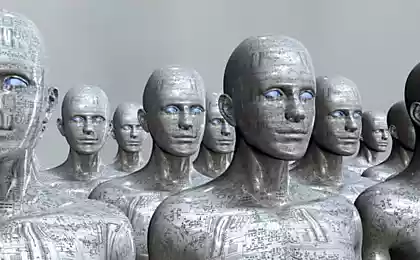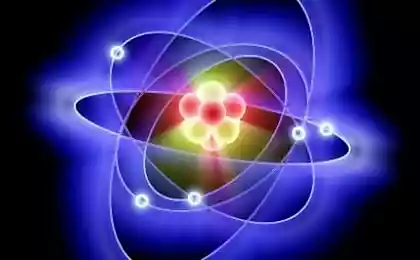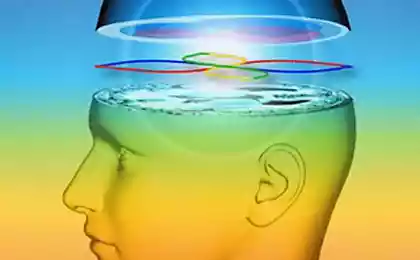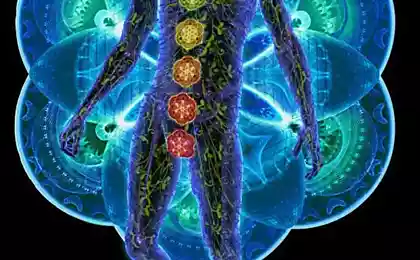434
The neurophysiology of charm: How to activate internal light

Attraction biochemistry: Why some are noticed immediately and others never
A University of Toronto study (2023) found that 68 percent of perceived attractiveness is determined not by facial features but by behavioral neurodynamics. Your ability to shine is a complex cocktail of hormones, posture, and ecology of thinking.
Law 1: Energy photosynthesis
According to Semir Zeki’s concept of neuroaesthetics, the brain perceives beauty through a prism:
- Symmetry of micromovements (gestures, facial expressions)
- Resting energy (respiratory frequency 6-8 breaths / min)
- Voice timbre (dominance of low frequencies 85-165 Hz)

Law 2: Hormonal radiance
Dermatologist Emmanuel Goldman from Harvard found that the skin of women with oxytocin levels above 150 pg / ml reflects light 23% more efficiently. How to achieve:
- 20-minute hugs before bedtime (stimulates oxytocin production)
- The practice of "emotional diving" - 10 minutes / day of visualizing happy moments
- Face massage with marula oil (increases microcirculation by 40%)
Case: The Anna Story, 34
After a course of dance therapy, colleagues started asking if I had changed plastic surgeons. And I just learned to move at 120 BPM, which is the frequency that synchronizes the hemispheres of the brain.
Law 3: The Ecology of View
A study by the MIT Media Lab found that people who practice conscious vision:
- Perceived 17% more attractive
- Confidence is 28% faster
- Remembered 3 times more often

90/90 technique
Method from ophthalmologist Eric Maddock:
- Focus on an object 90 cm away (6 sec)
- Looking at the horizon (6 seconds)
- Repeat 9 times in the morning and evening
Glossary
Neuroaesthetics A science that studies the neurobiological basis of beauty perception.
Emotional diving Immersion in positive memories for hormonal regulation.
BPM synchronization A method of matching bodily rhythms with musical tempo.
Sources: Harvard Medical School research papers, MIT Media Lab experiments, Journal of Cosmetic Dermatology. The material is relevant for August 2024.
Hidden Signals of Admiration: 8 Actions of a Man Who Is Truly Proud of His Woman
How to Stay Calm: Science Without Cries and Regrets























